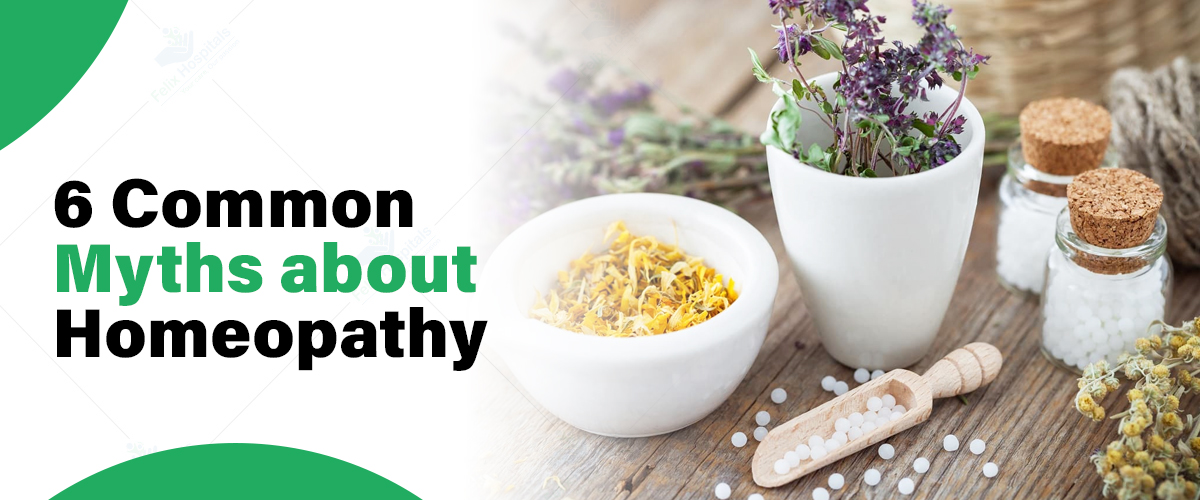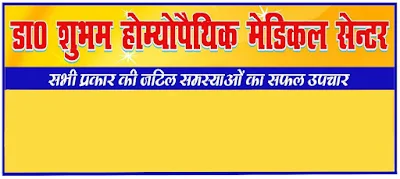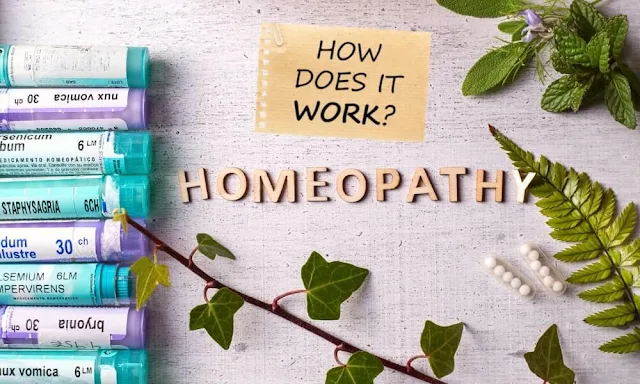Homeopathy, a system of alternative medicine developed over 200 years ago, remains a subject of debate and skepticism. Despite its widespread use, numerous myths persist about its principles, efficacy, and safety. This article aims to debunk six common myths about homeopathy, providing evidence-based insights to foster a clearer understanding.
Myth 1: Homeopathy Is Just a Placebo
A prevalent misconception is that homeopathic remedies are merely placebos with no therapeutic value. This belief stems from the high dilution levels of homeopathic medicines, leading some to assume they lack active ingredients.
Reality: While it's true that homeopathic remedies undergo serial dilutions, proponents argue that the process of succussion (vigorous shaking) imparts therapeutic properties to the solution. Some studies suggest that homeopathy may have effects beyond placebo, though the scientific community remains divided on this issue. It's essential to recognize that patient experiences and anecdotal evidence have contributed to homeopathy's enduring popularity.
Myth 2: Homeopathy Is Ineffective for Acute Conditions
Another common belief is that homeopathy is only suitable for chronic ailments and is ineffective in acute situations.
Reality: Homeopathic practitioners often treat acute conditions such as colds, fevers, and minor injuries. Some users report rapid relief from symptoms when using appropriately selected remedies. However, it's crucial to note that homeopathy should not replace conventional medical treatment in emergencies or severe acute conditions.
Myth 3: Homeopathic Medicines Contain Steroids or Heavy Metals
Concerns have been raised about the presence of harmful substances like steroids or heavy metals in homeopathic remedies.
Reality: Legitimate homeopathic preparations are made from natural sources and undergo extensive dilution, theoretically eliminating harmful substances. However, the lack of stringent regulation in some regions means that product quality can vary. Consumers should obtain remedies from reputable sources and consult qualified practitioners to ensure safety.
Myth 4: Homeopathy Cannot Be Combined with Conventional Medicine
Some believe that homeopathy and conventional (allopathic) medicine are incompatible and should not be used together.
Reality: Homeopathy is often used as a complementary therapy alongside conventional treatments. Many patients integrate both approaches to manage their health conditions holistically. However, it's essential to inform all healthcare providers about any treatments being used to avoid potential interactions and ensure coordinated care.
Myth 5: Homeopathy Is the Same as Herbal Medicine
There's a common misconception that homeopathy and herbal medicine are identical since both use natural substances.
Reality: While both modalities utilize natural sources, they differ fundamentally in preparation and philosophy. Herbal medicine involves using whole plant extracts at measurable doses, whereas homeopathy uses highly diluted substances prepared through specific processes. The principles guiding their use and the mechanisms by which they are believed to work are distinct.
Myth 6: Homeopathy Is Outdated and Unscientific
Critics often label homeopathy as an antiquated practice lacking scientific basis.
Reality: Homeopathy has evolved over the centuries, with ongoing research exploring its mechanisms and efficacy. While debates continue regarding its scientific validation, homeopathy remains a subject of interest in integrative medicine. It's important to approach such discussions with an open mind, considering both empirical evidence and patient experiences.
Conclusion
Homeopathy continues to be a topic of interest and debate in the medical community. While skepticism persists, many individuals report positive experiences with homeopathic treatments. As with any medical approach, it's crucial to consult healthcare professionals, consider evidence-based information, and make informed decisions about one's health.
Note: This article aims to provide a balanced perspective on common myths about homeopathy. Readers are encouraged to consult healthcare professionals for personalized medical advice.

































